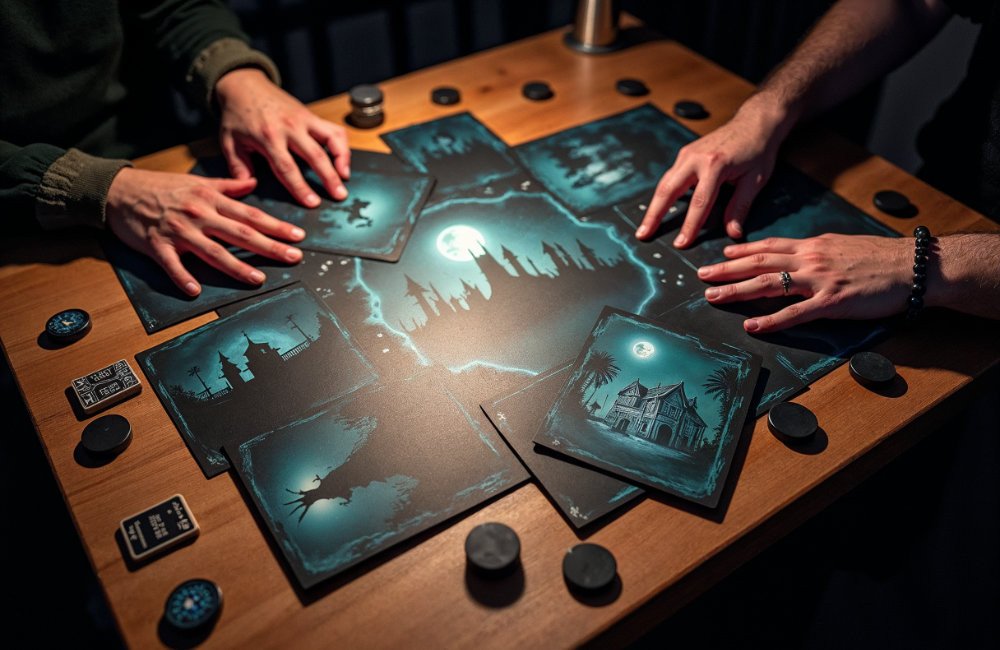Interview to Emma Richards – Crafting “Mystic Realms”
The Vision Behind “Mystic Realms”
“Mystic Realms” is a fantasy adventure game where players embark on a quest to restore balance to a world plagued by dark magic. Emma explained, “We wanted to create a game that not only offers thrilling gameplay but also immerses players in a rich narrative. Every choice they make impacts the story and the world around them.”
Inspired by classic fantasy literature and modern role-playing games, Emma and her team aimed to blend storytelling with strategic gameplay. “The idea was to combine elements of exploration, character development, and resource management,” she said. Players can choose from different characters, each with unique abilities and backstories, which adds depth to the gameplay.
Development Challenges
As with any game development, Emma faced numerous challenges. “Balancing the game mechanics has been one of the most difficult parts of the process. We want to ensure that each character feels unique while maintaining fairness in gameplay,” she explained.
Prototyping and playtesting have been crucial in refining these mechanics. “We’ve gone through several iterations, learning from player feedback to make the game more engaging and accessible,” Emma noted. The iterative process has allowed them to identify and address potential issues before the game’s final release.
Incorporating Player Feedback
Player feedback is a vital aspect of Emma’s development approach. “During our playtesting sessions, we encourage players to share their thoughts openly. This insight is invaluable for us,” she emphasized. The team is committed to creating a game that resonates with its audience, and incorporating feedback is a key part of that commitment.
“Listening to our players not only improves the game but also creates a sense of community. We want players to feel like they’re part of the development journey,”

The Art of Collaboration
Collaboration is another essential component of the development process. Emma works closely with artists, writers, and designers to ensure that every aspect of “Mystic Realms” aligns with the vision. “It’s a team effort. We brainstorm ideas together and support each other throughout the process,” she stated.
The synergy between the team members has led to innovative ideas that enhance the game’s overall experience. Emma is particularly excited about the unique artwork that will bring the game’s world to life. “The visuals are just as important as the gameplay. They immerse players in the fantasy realm we’ve created,” she noted.
Looking Forward
As the release date for “Mystic Realms” approaches, Emma is filled with anticipation. “We’re eager to share this game with the world. It’s been a labor of love for everyone involved,” she expressed. The development team is also planning to engage with the gaming community through social media and events to build excitement ahead of the launch.
In conclusion, Emma Richards’ dedication to crafting an engaging and immersive game experience shines through in “Mystic Realms.” With its focus on player choice and rich storytelling, this game promises to captivate the hearts of board gamers everywhere.
Curious about “Mystic Realms”? Join the community for exclusive sneak peeks!


